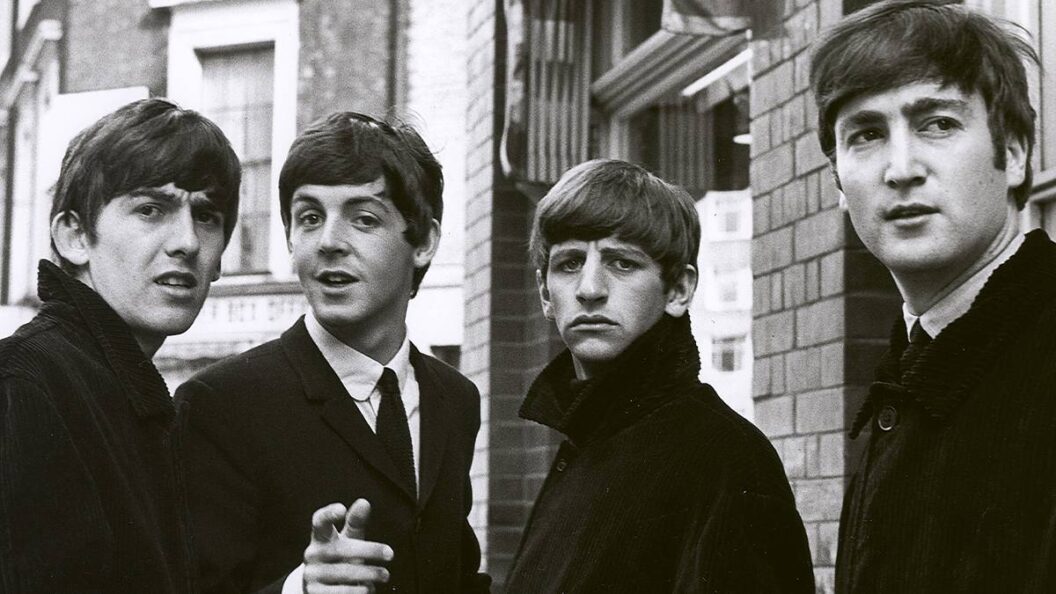The Beatles’ "I Want to Hold Your Hand": A Cultural Milestone in Rock History
When it comes to number one hits, few bands compare to The Beatles. With countless chart-topping tracks to their name, their 1964 hit "I Want to Hold Your Hand" stands out not only for its commercial success but also for its significant impact on music history. Released in November 1963 and topping the U.S. charts in February 1964, this song marked the beginning of the British invasion and a transformative era in rock music.
The Song Was Written to Be a Commercial Success
"I Want to Hold Your Hand" was crafted with the intent of achieving commercial success. John Lennon and Paul McCartney, under pressure from their manager Brian Epstein, focused on creating a song that would resonate with the American audience, as previous tracks had not garnered the same acclaim in the U.S. as they did in Britain. The duo immersed themselves in the creative process in a basement at Jane Asher’s parents’ house, where they had shared many songwriting sessions in their youth.
Reflecting on their collaboration, Lennon noted, "We wrote a lot of stuff together, one on one, eyeball to eyeball. I remember when we got the chord that made the song.” He reminisced about the moment they found the musical spark: "Paul hits this chord, and I turn to him and say, ‘That’s it!’ I said, ‘Do that again!’" This intimate and urgent atmosphere set the stage for what would become a pivotal moment in The Beatles’ history.
A Beatles’ No. 1 Hit that Changed the World
Just days after "I Want to Hold Your Hand" became a number one hit, The Beatles arrived in New York City, fully aware that their lives were about to change forever. Their performance on The Ed Sullivan Show on February 9, 1964—watched by approximately 73 million viewers—was groundbreaking and a testament to their popularity. The song spent seven consecutive weeks at the top of the charts before being overtaken by another Beatles track, "She Loves You."
The song’s success was more than a career milestone for The Beatles; it signaled a seismic shift in rock music itself. Bob Dylan remarked on the innovative nature of their sound: "They were doing things nobody was doing. Their chords were outrageous, just outrageous, and their harmonies made it all valid." Dylan recognized that The Beatles were charting a new course in music, influencing not just fans but also fellow artists.
Brian Wilson, of The Beach Boys, expressed a mix of admiration and jealousy regarding The Beatles’ rapid ascent. "They just seemed to take over, all of a sudden. They were everywhere. I thought their songs were really good," he admitted. This amicable rivalry between the two bands drove both groups to new heights and changed the American musical landscape.
The Legacy of "I Want to Hold Your Hand"
"I Want to Hold Your Hand" not only solidified The Beatles’ status as a global sensation but also redefined what rock music could be. As their career progressed, they paid homage to the artists who inspired them, but this song represented a moment where they emerged as leaders in their genre. As Dylan pointed out, the song made it clear that rock music could embrace an array of styles, including complex harmonies and orchestral arrangements.
1964 will forever be remembered as the year four young men from Liverpool became the pioneers of a new generation of rock ‘n’ roll. Their influence continues to resonate in today’s music landscape, and "I Want to Hold Your Hand" remains an enduring symbol of that transformation. The Beatles not only changed their own destiny but also reshaped the cultural fabric of music, leaving a legacy that still inspires artists around the world.
In conclusion, the significance of "I Want to Hold Your Hand" extends far beyond its chart success; it marks a crucial turning point in rock music’s evolution and reflects the broader cultural shifts of the 1960s. The Beatles’ journey to becoming icons began with this single song, setting the stage for a revolution that would forever alter the music industry.









